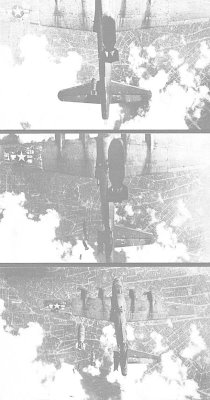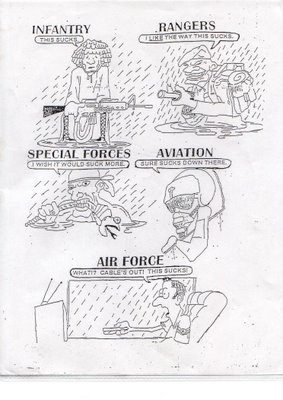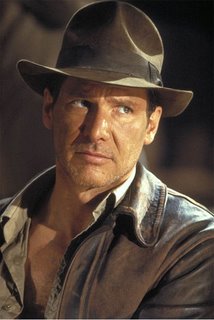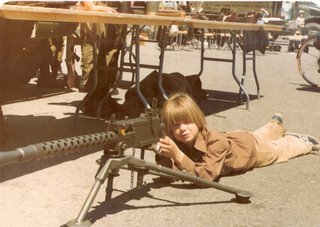I just came across this fascinating Spiegel interview with Gen David Petraeus, former head of 101st Airborne, now head of the Combined Arms Center at Fort Leavenworth, and one of the American generals who si generally agreed to 'get' counterinsurgency. Petraeus makes two points which I find especially useful.
The first, has to do with the ongoing cultural change in the US Army to viewing counterinsurgency as one of its primary tasks. Petraeus refutes a hoary old adage which has long bothered me that if you fight the high-intensity 'big' wars then you can more easily gear down to fighting low-intensity 'small wars', the latter being an example of what used to be called a 'lesser included contingency' or as dismissively 'operations other than war' in the sense of not being the proper job of a real army.
Basically, the 'little stuff' is damned difficult too; getting it wrong costs blood and treasure and leaves pure 'warfighting' forces balanced on a knife-edge between tactical success and strategic failure.
We used to say, that if you can do the "big stuff," the big combined arms, high-end, high intensity major combat operations and have a disciplined force, then you can do the so-called "little stuff," too. That turned out to be wrong.
The second, is a point that I obviously must agree with. Petraeus argues that counterinsurgency is 'war at the graduate level... thinking man's warfare'. And for that you need, naturally enough, thinking men (and women):
SPIEGEL: You propagate the idea that young officers should go to graduate school. Why does a soldier need a master's degree?
Petraeus: We're talking about how to react to unforeseeable, non-standard tasks, we're talking about environments that are very different to those we're used to. You have to work in a foreign language, you have to negotiate with people who come from another religious background or who don't even share what we would call the same core values. Now here you have a setting quite similar to graduate school, which takes you out of your intellectual comfort zone -- and that really is something a young officer should experience.
You know, we in the Army, we have to admit, that we're living sometimes a sort of a grindstone cloister existence. We work very hard; indeed, we have our noses to the proverbial grindsone. And we tend to live a somewhat cloistered existence much of our lives. So we have to try to raise, as one of my colleagues once put it, our sights beyond the maximum effective range of a M-16-rifle. Graduate school and other experiences that get us out of our intellectual comfort zone help us do just that.
Sounds like an endorsement for MA War in the Modern World to me. I must ring up the general and book an appointment.














